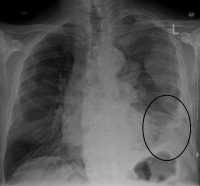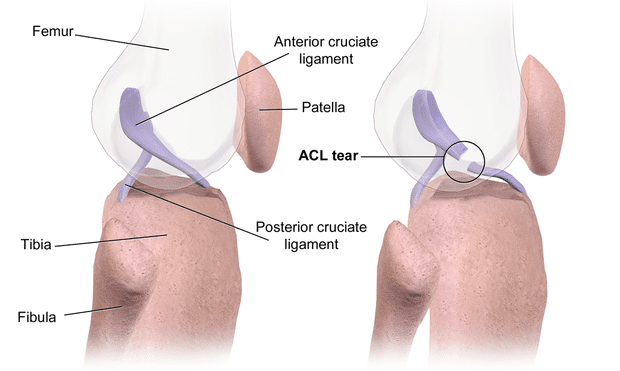MedicalResearch.com Interview with:
Igor Chesnokov, Ph.D
Department of Biochemistry and Molecular Genetics
School of Medicine
University of Alabama at Birmingham, Alabama
MedicalResearch.com: What is the background for this study?
Response: DNA replication is fundamentally important for tissue development, growth and homeostasis. Impairments of the DNA replication machinery can have catastrophic consequences for genome stability and cell division. Meier-Gorlin Syndrome (MGS) is an autosomal recessive disorder that is also known as ear, patella, short stature syndrome and/or microtia, absent patella, micrognathia syndrome, traits highlighting the core clinical phenotypes.
The genes affected by MGS mutations include many members of pre-replicative complex (pre-RC), such as Origin Recognition Complex (ORC) subunits (Orc1, Orc4, Orc6), Cdc6, Cdt1, CDC45, MCM5 as well as Geminin, suggesting that the clinical phenotype is caused by defects in DNA replication initiation. As the pre-RC complex is essential for DNA replication, the mutations in its components are expected to impair cell proliferation and reduce growth.
The smallest subunit of ORC, Orc6, is the most divergent and enigmatic among ORC subunits
. Orc6 is important for DNA replication in all species. Metazoan Orc6 proteins consist of two functional domains: a larger N-terminal domain important for binding of DNA and a smaller C-terminal domain important for protein-protein interactions. A mutation coding for a tyrosine 232 to serine alteration (Y232S) in the C-terminal domain of Orc6 is linked to MGS in humans. Recently, a new Orc6 mutation was described that also resulted in MGS. Unlike the previously described MGS mutation, this amino acid substitution, Lysine 23 to Glutamic acid (K23E), localizes in the N-terminal domain of Orc6.
(more…)






























